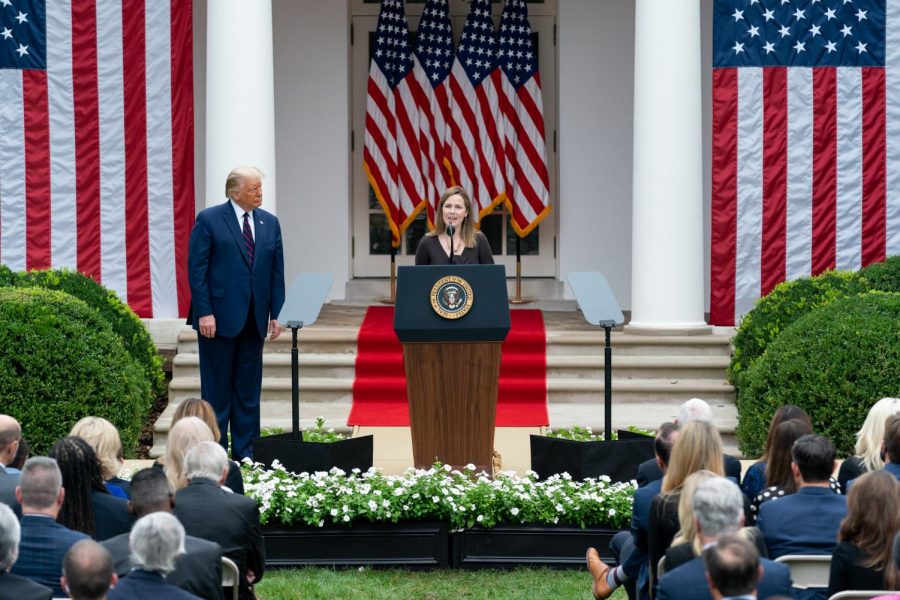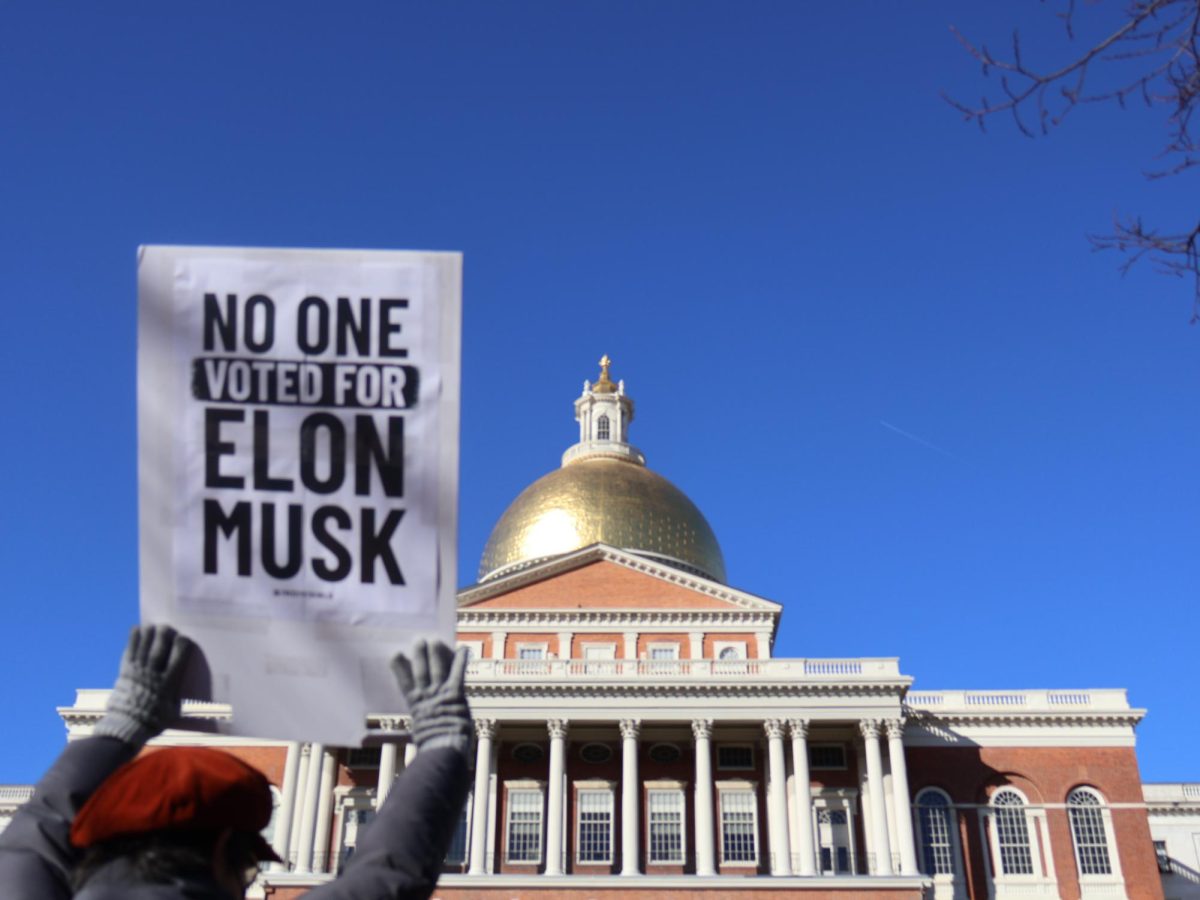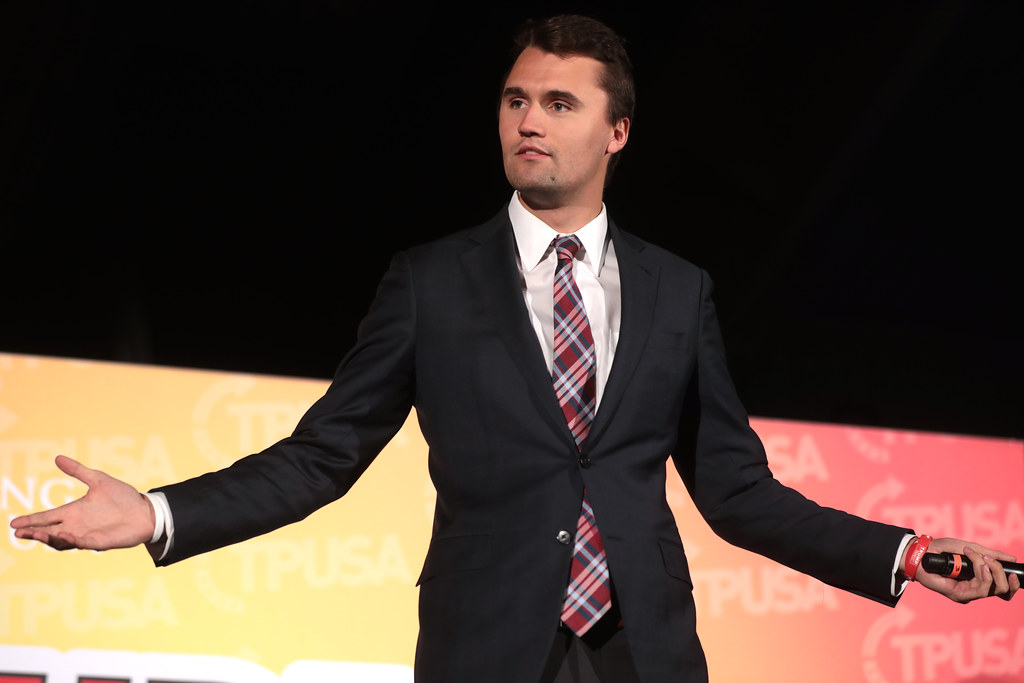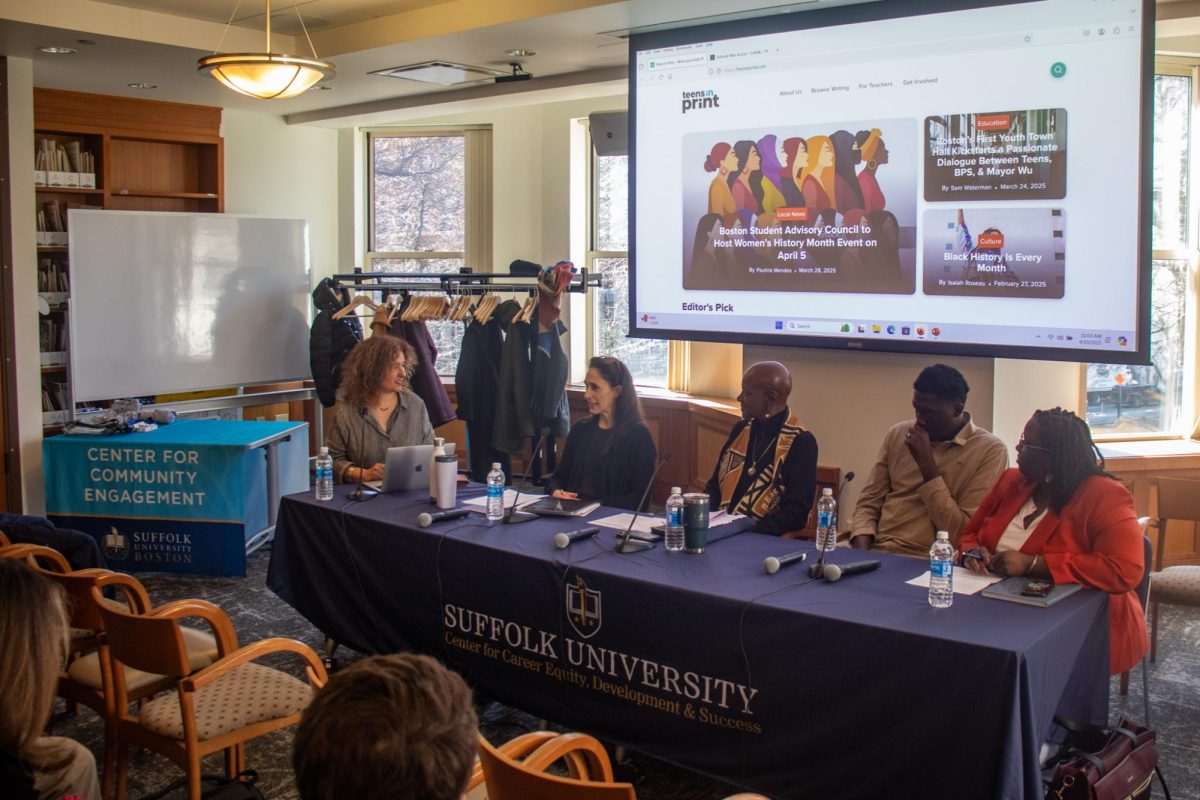Amy Coney Barrett, President Donald Trump’s Supreme Court Justice nominee, started confirmation hearings before the Senate Judiciary Committee on Oct. 12.
The committee has set Oct. 22 as the day they will vote on her nomination. There is little that can be done by Democrats to delay what they see as a rushed process, and it is almost certain that Barrett will be confirmed before the Nov. 3 presidential election.
During her four-day hearing, Barrett was questioned on varying topics and continuously denied to give any leaning perspective.
“I have an agenda to stick to the rule of law and decide cases as they come,” Barrett said at the hearings.
When asked about repealing Obamacare, Barrett responded in the same faux-neutral manner she had for most of the hearing.
“I am not here on a mission to destroy the Affordable Care Act,” Barrett said. “I’m just here to apply the law and adhere to the rule of law.”
Barrett was asked to speak on the peaceful transition of power if former Vice President Joe Biden wins in the upcoming election against Trump.
“The president has said that he would not peacefully leave office. And so, to the extent that this is a political controversy right now, as a judge, I want to stay out of it,” said Barrett.
Trump said last month that he thinks the results of the upcoming election may lay in the fate of the Supreme Court, which prompted Democratic Vermont Sen. Patrick Leahy to ask Barrett if she would recuse herself from any election-related hearings.
“I certainly hope that all members of the committee have more confidence in my integrity than to think that I would not allow myself to be used as a pawn to decide this election for the American people,” said Barrett, denying Sen. Leahy’s question.
Though Barrett was reluctant to give a defined stance on many issues, it is known from her record that she is very conservative leaning and her confirmation will ensure that the Supreme Court swings conservative by 6 to 3. Currently, there sits five conservative judges and three liberal judges making it nearly impossible for the liberal justices to have a majority vote.
Roe v. Wade, a 1973 landmark decision that ruled in favor of protecting a pregnant woman’s right to choose to have an abortion under the constitution, is one of the Supreme Court decisions that many fear Barrett would overturn if confirmed.
“Are you willing to say Roe was correctly decided?” asked Democratic Sen. Richard Blumenthal of Connecticut.
“It’s inconsistent with the duties of a sitting judge to take positions on cases that the court has decided in the past,” Barrett said.
Another landmark case, Griswold v. Connecticut, decided by the Supreme Court in 1965 was brought into question. The ruling of this case allows married couples the right to privately decide their desired use of contraceptives without restriction from the government.
Barret was asked by Democratic Sen. Chris Coons of Delaware if the case was decided correctly. She persistently dodged his question and affirmed that the case is “unlikely to be challenged.”
During her hearing, she made clear that there are some cases that shall not be questioned nor are up for debate on being overturned. Barrett referred to these cases as “super precedents… cases that are so well settled that no political actors and no people seriously push for their overruling.”
“I’m answering a lot of questions about Roe, which I think indicates that Roe doesn’t fall in that category,” said Barrett in response to Senator Amy Klobuchar’s question of whether or not Barrett classifies Roe v. Wade as a super precedent.
The hearing took place in hybrid fashion, both in person and virtual, as a result of two Republican members of the committee testing positive for COVID-19 after attending Barrett’s nomination ceremony. The White House event is now known as a “superspreader event”, a name given to the ceremony by Dr. Anthony Fauci during an interview with CBS News Radio on Oct. 9.
“I thought she really did explain what makes her tick as a judge. I don’t see how you could get much more out of her,” said Senate Judiciary Committee Chairman Lindsey Graham to a group of reporters after the conclusion of the hearings.














